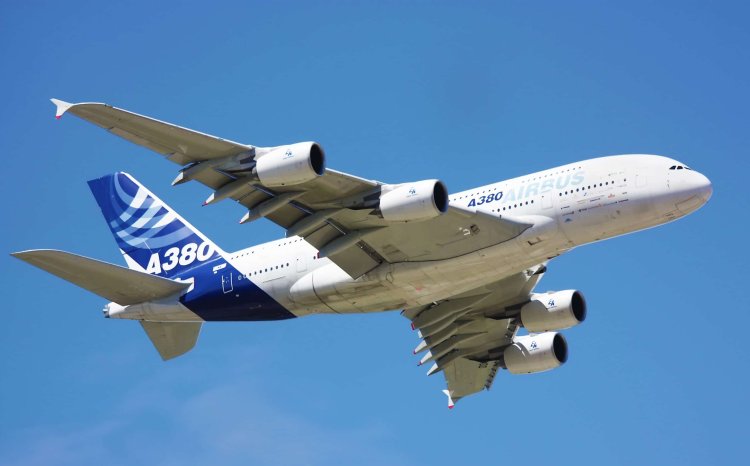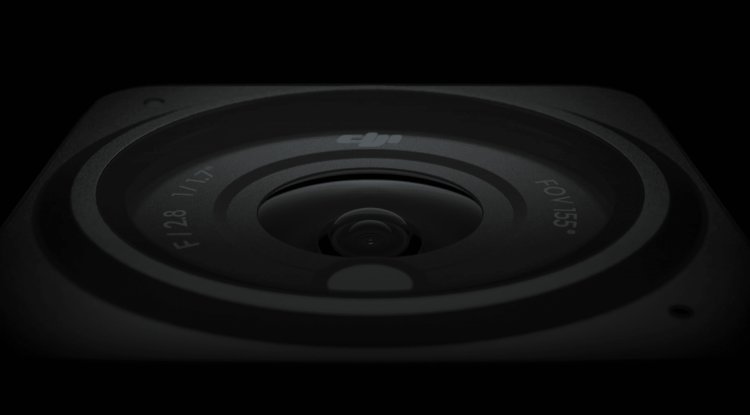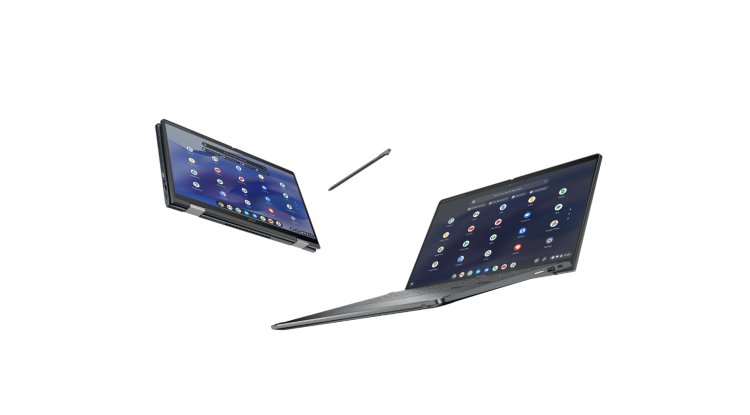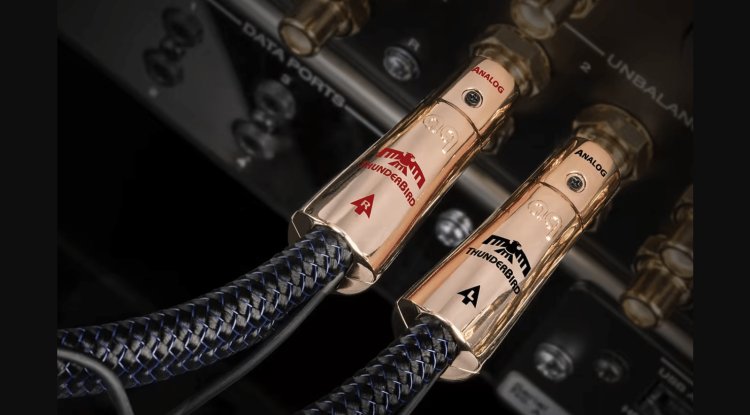Airbus A380 powered by used edible oil took off

Airbus is testing sustainable aviation fuel, and it successfully fueled the engines of the world's largest passenger airplane, the Airbus A380, on a test flight last week.
Airbus is continuing its initiative to promote sustainable aviation, thus in addition to developing hydrogen aircraft, it is also testing the traditional strategy of replacing existing aviation fuel with environmentally sustainable alternatives. After testing similar solutions on the A350 and A319 Neo last year, the A380, the world's largest passenger aircraft, is now in the spotlight.
On March 25, the first test flight of this aircraft was successfully performed in Toulouse, France, with the aircraft using 100 percent sustainable aviation fuel in addition to the conventional (SAF). The three-hour test flight used one of the four Airbus A380 engines that ran solely on sustainable fuel.
The flight on waste grease and oils
About 27 tons of this fuel, produced by the French company TotalEnergies, will be used for test flights. Their SAF fuel is made from vegetable oils of the HEFA type (hydro processed esters and fatty acids), without added sulfur or flavors. This fuel is primarily obtained from used edible oil and other waste fats, according to Airbus.
During the first successful flight, data was collected from the engine, and in the thousand parameters recorded by pilots and engineers so far have not noticed that the engine on this fuel behaved in any other way than others. Encouraged by this result, Airbus conducted an additional test, in which the A380 used sustainable fuel during both takeoff and landing.
Increasing the use of sustainable SAF fuels remains one of the main ways in which the aviation industry could achieve its ambition and become carbon neutral by 2050. The introduction of environmentally friendly fuels should account for somewhere between 53% and 71% reduction in carbon emissions by the deadline. All Airbus models are currently certified to fly with a blend, which in classic kerosene can contain up to 50% sustainable fuel. By the end of this decade, the company aims to certify its aircraft for flight on 100% sustainable fuel.




























